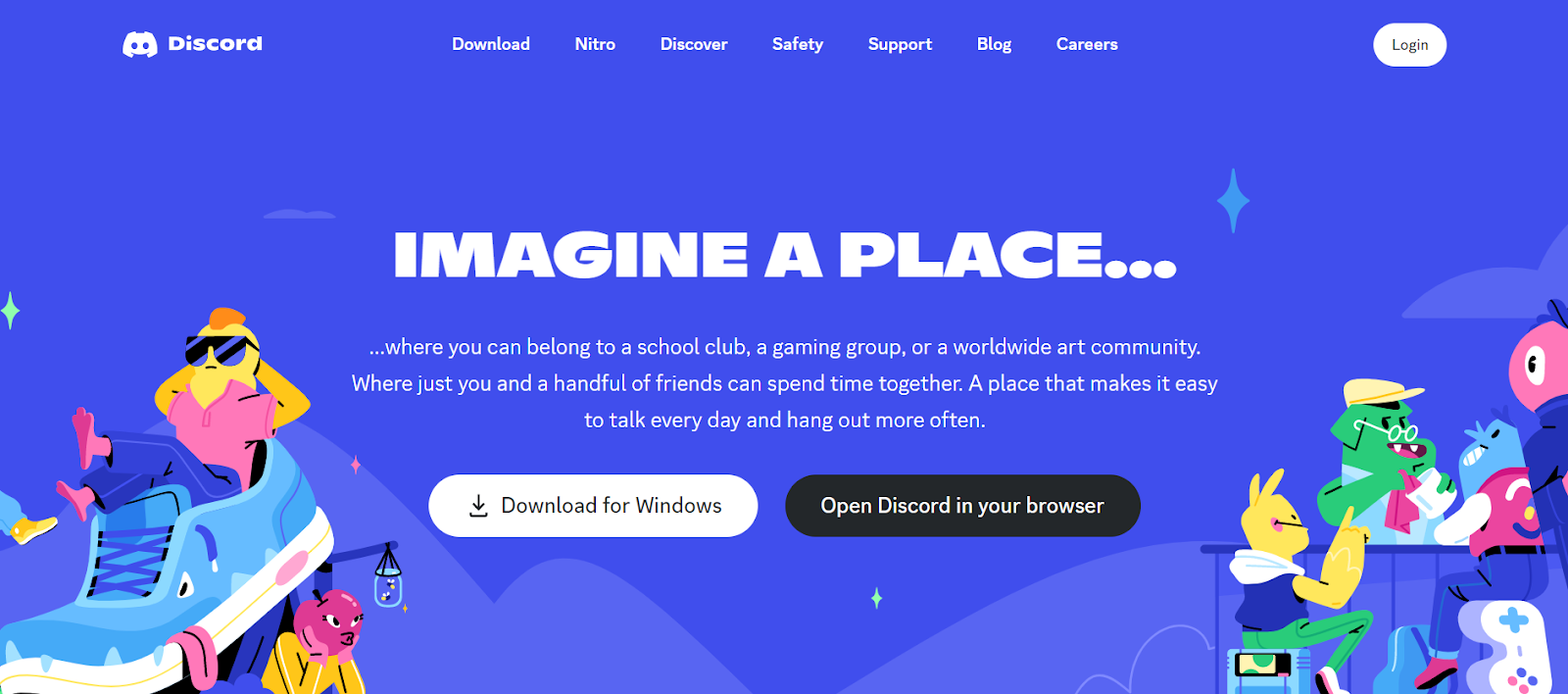Inside Higher Ed runs a piece on student use of Discord, the online platform that was used to leak classified documents. Excerpts:
...Discord was originally designed as an online hangout where gamers talked with each other while playing multiplayer online games. Users access the app on a computer, smartphone or gaming console. In closed, themed online communities, users communicate by text, voice, video and screen sharing...
Discord users skew young. Approximately 38 percent of its web users and nearly half of its Android app users are between 18 and 24 years old, according to Similarweb. Most (79 percent) are male...
How Do Students Use Discord?
Many college students use Discord for the same reasons that they use other social media platforms—for expressing themselves, connecting with others and building social networks. That may confer benefits, including valuable support for those who are marginalized. But it may also confer risks, including some that are unique to academic settings. “Discord can be used for sharing exam questions and responses,” Megan McNamara, a lecturer in sociology at the University of California, Santa Cruz, said of the potential for academic dishonesty. “There are also instances where students use Discord to bash instructors … It’s not a supervised place, so it becomes a little bit Wild West.”
But McNamara believes Discord offers students more benefits than harms. On the platform, students can collaborate, seek assistance and get to know each other in an instructor-free space. That can be especially valuable for building community in online courses. For those reasons, McNamara publicizes links to Discord servers that students set up for her classes. She has a personal policy, however, of not joining students’ servers. “Some instructors join,” Aaron Zachmeier, associate director for instructional design at UC Santa Cruz, said. “Some don’t. Some join at the invitation of their students.” ...
Meanwhile, students also have preferences about professors’ presence on the platform. “Professors should not create a Discord sever for their classes without first consulting students,” Tony Phan Vo, a student at California State University, Fullerton, wrote this academic year in the institution’s student newspaper, The Daily Titan. Student sources who were quoted in the article dubbed the presence of a professor in a course Discord server “strange” and “weird.” The gist of their sentiment was that Discord servers offer students space to talk away from faculty members. That said, the author acknowledged the potential for students to use the platform to facilitate cheating.
Brianna Dym, a lecturer in computer science at the University of Maine at Orono, does not join students’ Discord servers. However, because her research focuses on online communities, she is uniquely positioned to understand their use. In addition to forming curricular and extracurricular server groups, students often use Discord to send and spread messages about spontaneous gatherings or events on campus. But as with other social media, the app can have a dark side. “Those exact features that do these great things can also lead to catastrophe when used for evil,” Dym said. For example, during a recent Pride Month—June—some Discord servers that added rainbows to their icons noted a sharp increase in anti-LGBTQ+ rhetoric.
But Dym, who identifies as part of the LGBTQ+ community, is encouraged by steps the company took to address concerns, which was the topic of a recent paper she co-wrote in the Journal of Online Trust and Safety. Most social media platforms either address concerns in a top-down fashion or leave users to fend for themselves, Dym said. Discord, however, has experimented with training volunteer moderators to address concerns within their communities. The nuanced approach is important to users who do not want the company to monitor them, Dym said. Communities that received the support reported better outcomes in addressing concerning behavior.
“The servers operate like little fiefdoms,” Dym said. “You have the person who founded the server, and they have supreme administrator controls unless they relinquish them. Then you can appoint other administrators who have other powers.”
But preserving the good and preventing the bad is an ongoing challenge, especially given Discord’s massive user base. Also, determining when speech on the platform crosses a line can be challenging. “A Roman Empire history Discord server might be about the history of the Roman Empire, or it might eventually slip into weird alternative history facts,” Dym said.
Though Discord servers may be unofficial components of a college course, students may report violations of college policies they witness on the site to college employees. For that reason, McNamara reminds new students that their behavior on Discord should align with the university’s expectations...
Full story at https://www.insidehighered.com/news/tech-innovation/digital-teaching-learning/2023/04/26/discord-leaking-military-files-and-exam.

No comments:
Post a Comment